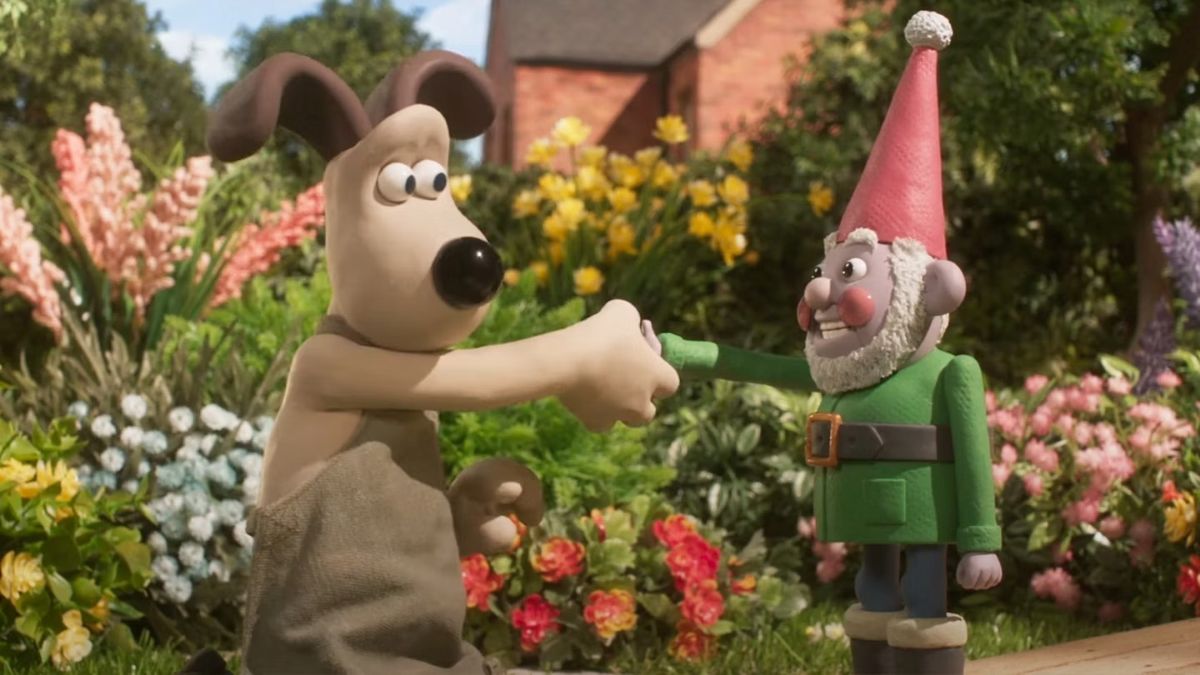The Witcher on Netflix is currently one of the highest-rated releases of 2019, but how did showrunner Lauren S. Hissrich come to adapt this immersive fictional universe for the streaming juggernaut?
While the original series on Netflix often follow the conventional context of shows on television, the binge-watching model can bring up many challenges in the creative process. The streaming platform is used to dropping whole seasons at a time, and this can become a creative struggle when it comes to how viewers experience a show. The Witcher, though, somehow managed to not wear out its audience and become one of the most viewed series on Netflix in a matter of days.
Still, according to the executive producer and writer, producing shows for this binge model is challenging. Hissrich recently told Collider that since people experience the content as and when they see fit, it becomes a challenge to keep everyone in mind.
“For all of television, you have to think macro and micro. So, for instance, I’m creating for Netflix, where there is a binge model that you have to consider. There will be people who sit down and watch eight hours of this, in a row. I couldn’t do that. That’s not how I watch television, but I need to keep them in mind, which means that I can’t constantly be repeating things ‘cause that would be really boring for them. I have to trust that the audience is on that journey.”
Though just like Geralt’s destiny, this dilemma is a double-edged sword, as Hissrich also has to consider viewers who don’t binge-watch the show.
“But I also have to know that people will just maybe sit down and watch one episode, and then go have their Christmas or their holidays, and come back two weeks later and watch the next episode,” she continued. “Each episode needs to feel close-ended and satisfying, in and of itself, but it also needs to be a building block for something much bigger. And then, a season has to feel satisfying, in and of itself, and be a building block for something bigger than itself. To me, that’s the chemistry of all television. I’ve only written hour-long television, so this is what I love doing.”
Such challenges always put a lot of pressure on TV producers, but all’s well that ends well, as Netflix couldn’t hope for The Witcher to be more successful than it already is. And they know it, as with the second season currently going into pre-production and the third one already greenlit, the White Wolf is all but set to keep his streak of success in the near future.











Published: Jan 13, 2020 03:13 pm